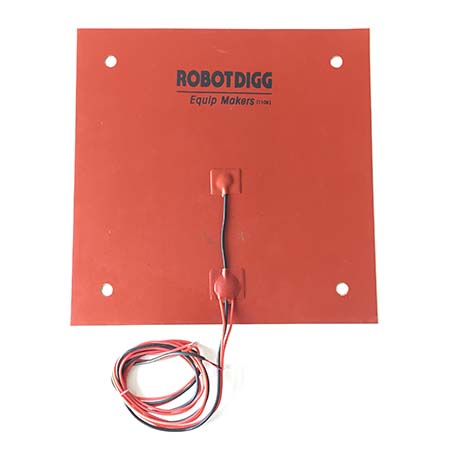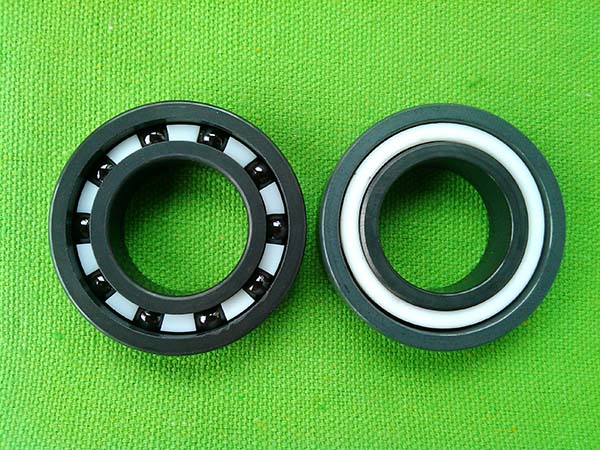Silicon or Silicone Rubber?
Silicon or Silicone, is it the same?
Silicon and silicone, it may come as a surprise that they are two very different things.
Silicon is a naturally chemical element, whereas silicone is a synthetic substance, so we say Silicone Rubber not silicon rubber.

Silicon readily bonds with oxygen and is rarely found in nature in its pure form. You've likely seen silicon as silicon dioxide or silica, better known as quartz, which is the most common component of sand.
Silica also comes in other mineral forms, such as flint, jasper and opal. When silicon and oxygen mix with reactive metals, the result is a class of minerals called silicates, which includes granite, feldspar and mica.
Silicon has many industrial uses: As silica, silicon is a key ingredient in bricks, concrete and glass. In its silicate form, the element is used to make enamels, pottery and ceramics.
Ceramic Ball Bearing as example, when we are talking about ceramic ball material, Silicon Nitride (Si3N4), Zirconia (ZRO2) and Silicon Carbide (SIC), we used the word Silicon.

Elemental silicon is a major player in modern electronics because it's an ideal semiconductor of electricity. When heated into a molten state, silicon can be formed into semi-conductive wafers, to serve as the base for integrated circuits (microchips).
In fact, Silicon Valley, the southern region of the San Francisco Bay Area, earned its name due to the high concentration of computer and electronics companies in the area producing silicon-based semiconductors and chips.
Silicone, by contrast, is a synthetic polymer made up of silicon, oxygen and other elements, most typically carbon and hydrogen. Silicone is generally a liquid or a flexible, rubberlike plastic, and has a number of useful properties, such as low toxicity and high heat resistance. It also provides good electrical insulation. Silicone Rubber Heater Pad are widely used in applications of heating.
In the medical field, silicone can be found in implants, catheters, contact lenses, bandages and a variety of other things. You can also find silicone in a number of personal care items, including shampoos, shaving cream, personal lubricants and sex toys.
Due to its high heat resistance, silicone makes up a lot of kitchenware, such as oven mitts, tongs and pan handles; silicone's non-stick properties also make it useful for cookware coatings. Additionally, the material's heat resistance and slipperiness make it an ideal lubricant for automotive parts (as a lubricating spray or grease).
In other industries, silicone is commonly used as a sealant for watertight containers (e.g., aquariums) and plumbing pipes.
And, like silicon, silicone is important in electronics — it's used to make casings that can shield sensitive devices from electrical shocks and other hazards.